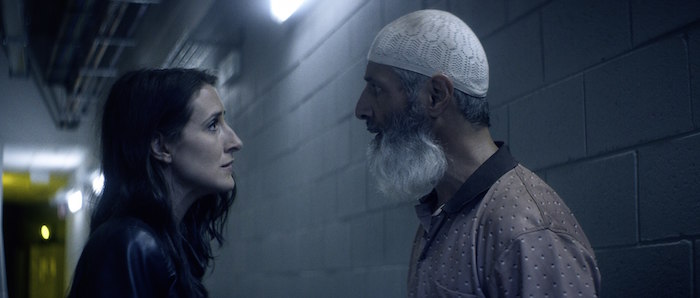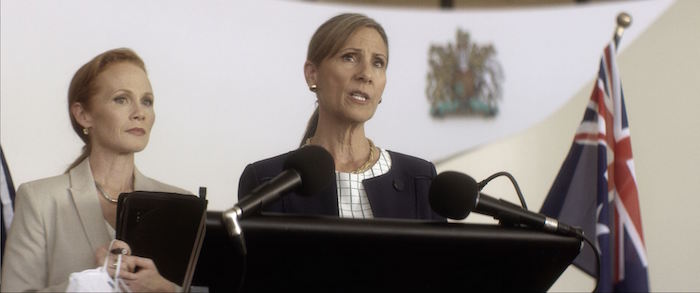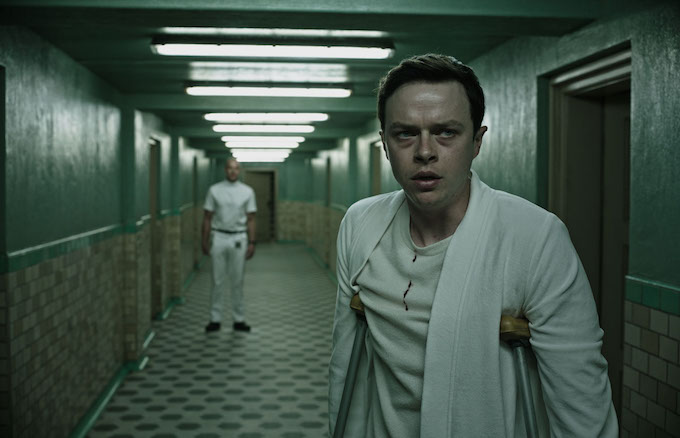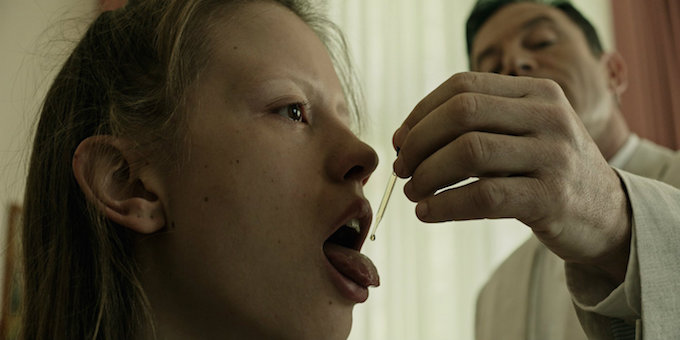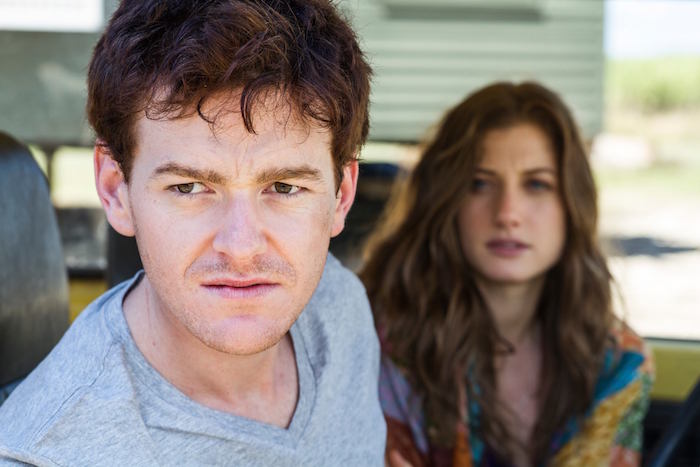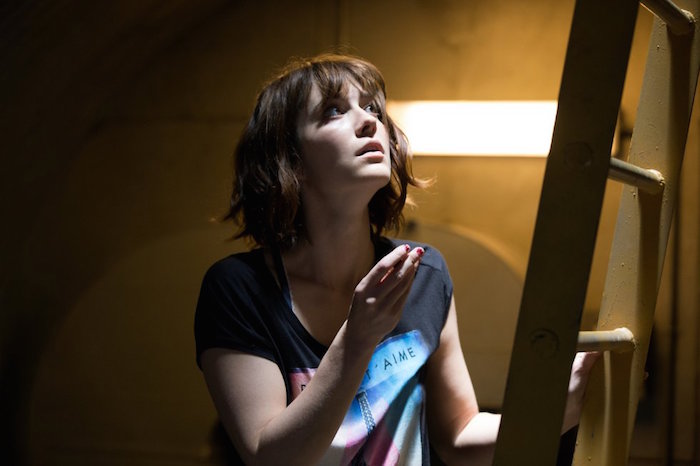THE 15:17 TO PARIS
 Thursday, February 8, 2018 at 3:15PM
Thursday, February 8, 2018 at 3:15PM Cast: Spencer Stone, Alek Skarlatos, Anthony Sadler, Judy Greer, Jenna Fischer, William Jennings, Bryce Gheisar, Paul-Mikel Williams, Thomas Lennon, P.J. Byrne and Tony Hale.
Writer: Dorothy Blyskal, based on the book by Anthony Sadler, Alek Skarlatos, Spencer Stone and Jeffrey E. Stern.
Director: Clint Eastwood
Rating: 2/5
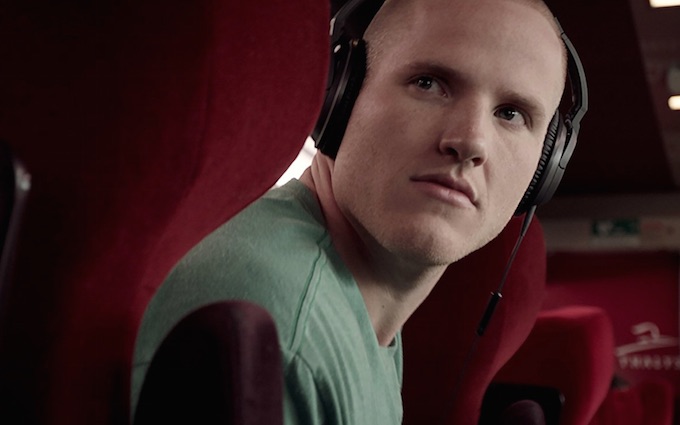
An instinctual act of remarkable heroism is afforded the least remarkable effort of director Clint Eastwood’s long career in The 15:17 to Paris. The overpowering of a heavily armed would-be killer on a European train by three square-of-jaw, broad-of-shoulder all-American types should have been bread-and-butter to the director of American Sniper and Sully, but Eastwood can’t overcome the inherent problem that everyday Joes like split-second heroes Spencer Stone, Alek Skarlatos and Anthony Sadler don’t necessarily have cinematic back-stories.
The production employs some good ol’ Hollywood stunt casting, having the three adult bros play themselves (the event aboard the Amsterdam-to-Paris Nord Thalys train took place in 2015, so their maturing posed no problem). The main focus of the narrative is the slightly more reflective Stone, the one who led the charge against would-be mass murderer Ayoub El-Khazzani, before Skarlatos and Sadler leapt in and beat the gunman into unconscious submission. None of the three have a natural screen presence and struggle awkwardly with first-time scriptwriter Dorothy Blyskal’s clunky dialogue; one senses a few scenes were improvised, which means a lots of “Dude, this is awesome!” and “Man, this is crazy!” dialogue.
Eastwood introduces Stone and Skarlatos as buddies growing up in Midwest homes steeped in Christian values, sharing an obsession with war and gunplay. Such a boys-own fixation isn’t so unusual, even when it extends to wearing matching camouflage duds to school. What is unusual is the poster for Full Metal Jacket on Stone’s wall; any dark irony that a pre-teen kid should heroically idolize Stanley Kubrick’s military horror show is lost on Eastwood. In what amounts to a directorial mission statement, some woodland war games conclude with young Stone overstating, “There’s something about war that forms a brotherhood.” Like never before, Eastwood feels justified in wearing his capital-R right wing ‘God, Gun and Country’ director’s cap to tell this story (which probably explains the muted, mid-February release here in Australia).
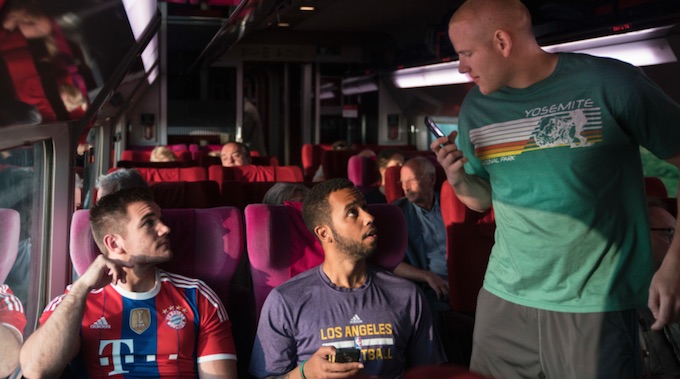
Skarlatos (who looks like a puffed-up version of Eastwood’s son, Scott, minus the on-screen charisma) and Stone enter into middling military careers. Stone’s trajectory amounts to one get fit montage, some hand-to-hand combat training and inevitable run-ins with his superiors. Sadler disappears off to college until some downtime brings them all back together for the fateful backpacking adventure in Europe, portrayed as a travelogue-style continental romp that takes up all the second act of The 15:17 to Paris. Scenes of the lads checking out scenery in Rome, drinking beer in Venice and nightclubbing in Amsterdam amount to nothing more than that; in one extended sequence, we watch Stone, Sadler and a girl they befriend discuss, decide upon and buy gelato.
The only interesting moment of this mid-section occurs when a nerdy, bespectacled tour guide chastises the group when they try correct him on the site and circumstance of Hitler’s death; when the guide barks, “You Americans are not the only ones who are able to overcome evil,” Stone and Sadler smirk and shrug off the observation with what plays worryingly like snide American arrogance.
In an otherwise mirthless film, there is some humour in the casting of the support players, with a line-up of familiar funny faces that resembles less a Clint Eastwood ensemble and more a network TV comedy roster. Tony Hale (Veep) and Thomas Lennon (Reno 911) play uppity educators, with Jenna Fischer (The Office) and Judy Greer as the boy’s moms (the perennial bff is asked to pull off perhaps the new years’ worst line of dialogue, “My Lord is bigger than your statistics”). The actresses do all they can with stock parts in a film that affords no actress any worthwhile moments; Eastwood ‘s camera leers at the bodies of Italian and Dutch backpackers and partygoers with the eye of a dirty old-man cut loose in a Euro-disco.
The staging of the takedown aboard the train is, as expected, riveting, thrilling and terrifying. The film’s one-note thematic structure suggests that the boy’s stop-start journeys into manhood, bolstered by Christian values, will find worthiness in a single act of selfless courage. In that regard, Clint Eastwood’s The 15:17 to Paris gets its retelling of boring, meandering lives leading to one impactful, fleeting moment exactly right. For 95 minutes, it’s a plodding, directionless grind that sparks into meaning for about 180 extraordinary seconds.
 Clint Eastwood,
Clint Eastwood,  True Story,
True Story,  terrorism,
terrorism,  thriller
thriller 